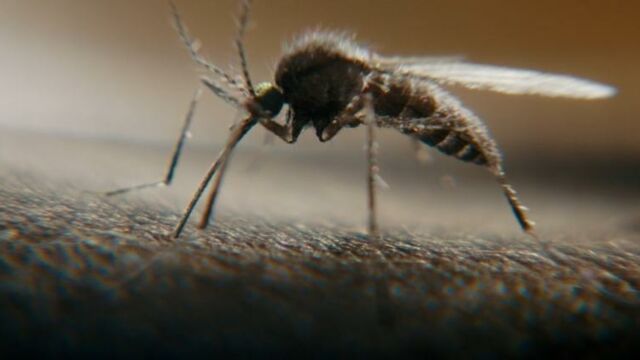There are those who love dogs and those who prefer big cats. Even snakes have their fan club. On the other hand, let's be honest for 5 minutes: nobody can stand mosquitoes. In summer, and even from spring to autumn in temperate latitudes, and permanently in tropical regions, these insects dedicate their lives to spoiling ours. With their usefulness seemingly close to zero, it's common to dream of a world without mosquitoes. But wouldn't their disappearance have a detrimental impact on biodiversity?
Discover our latest podcast
Public enemy No. 1
'If you feel you're too small to change anything, try sleeping with a mosquito in the room'. This phrase, uttered by the Dalai Lama in a different context, nevertheless crystallizes our relationship with culicids. Although we don't always see them, we do notice their presence, either through hearing their unbearable zonking, or through touching them with their endlessly itchy bites. Scientists estimate that there are some 3,500 different species of mosquito.
The almost good news is that only a hundred or so of them, like the tiger mosquito, are hungry for our blood. For the record, it's the females that bite, using it for their dear, tender offspring. In addition to the discomfort, the other bad news is that mosquitoes are vectors of numerous viral and parasitic diseases, some of them fatal.
Dengue fever, Zika, Nile fever, malaria - it's estimated that every year, they're responsible for the deaths of nearly 700,000 people. Forget sharks and hippos, they are by far the most deadly animal. Enough to make you want to see them disappear from the face of our planet. But would that be a good thing?
Mosquitoes and biodiversity
In nature, all living organisms are linked to one another, even if sometimes these links don't seem obvious. As Michel Collin, an entomologist with a passion for insects and mosquitoes, warns, their disappearance would not be without consequences. We tend to forget it, but mosquitoes and larvae serve as meals for many animals: birds, swallows, frogs, lizards and even bats. Fewer mosquitoes can lead to a decline in their populations.
Larvae also help to filter water by feeding on plant debris. As for the pollinating role of mosquitoes, although less important than that of bees, it is nonetheless worth noting. And Michel Collin tempers our murderous desires even further. In his view, it's more useful to implement long-term solutions to limit their onslaught. These include getting rid of stagnant water near your home, eliminating perspiration marks and wearing long, light-colored clothes.
Watch how a mosquito fills his belly on your blood.pic.twitter.com/KIS55tzEAT
— ComputerKnowledge & OtherCoolStuff (@HowToSuits) December 1, 2023
Read more:
⋙ Mosquitos could be spreading flesh-eating bacteria, here's what to know
⋙ Here's how to prevent mosquitoes from getting inside your home during summer
⋙ The food you eat could be the reason you attract mosquitoes and why their bites itch
⋙ West Nile virus: What is the mosquito-borne disease and should we be worried?
This article has been translated from Gentside FR.
Sources used:
National Library of Medicine: Determination of Species Composition of Mosquitoes in Lahore, Pakistan
CDC: Mosquito-Borne Diseases
CDC: Fighting the World’s Deadliest Animal
ScienceDirect: Environmental and socioeconomic effects of mosquito control in Europe using the biocide Bacillus thuringiensis subsp. israelensis (Bti)















